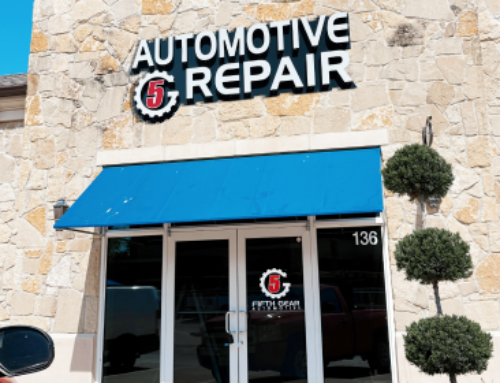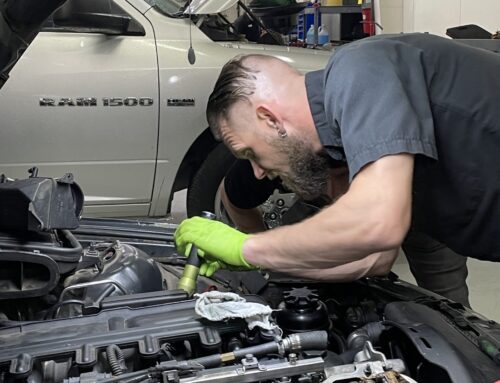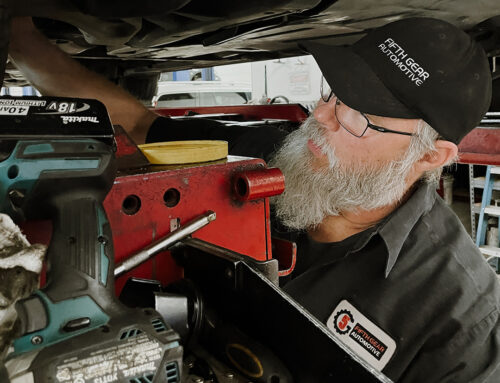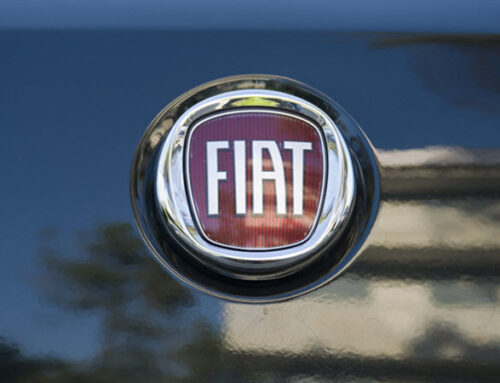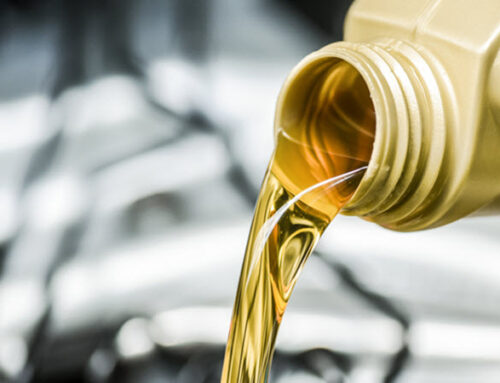Everything You Need to Know About “Wheel Bearing Replacement
Q: “When should I replace my wheel bearings?”
A: Eventually, all wheel bearings wear out and will need to be replaced. Assuming normal service under typical driving conditions, the newer, “hub-assembly” style bearings found on most modern vehicles should last around 100,000 miles when maintained properly. The older style bearings might last just as long but it’s a good idea to start having them checked regularly once they reach about 60,000 miles.
In performance applications or on modified cars, as is the case with this Porsche 944 Turbo pictured here, you can expect the “life-span of the wheel bearings” to be significantly shorter. The wheel bearings on the drive wheels weren’t meant to be able to handle the throughput of increased horsepower that heavily modified cars achieve over the factory stock configuration. Furthermore, the wider wheels and tires that are often fitted to modified cars in order to accommodate that increased power and transfer it to the road are also extremely hard on the wheel bearings.
Q: “How Do You Know if Your Wheel Bearings are Bad?” / “Signs and Symptoms of Wheel Bearing Failure”
A: When they initially begin to fail, wheel bearings first begin to get loose. This allows the wheels to “wobble” slightly as they roll down the road, which leads to “uneven tire wear”. This looseness, or “bearing play” is usually too subtle to be felt through the steering wheel, at least at first. As the wear increases, the bearing’s ability to mitigate or limit friction becomes increasingly compromised and heat generated from that increased friction will begin to build up. It is at this point when the decline in bearing integrity speeds up dramatically, and when the first noticeable signs of “wheel bearing failure” become apparent to the driver. When the heat becomes great enough, the grease lubricating the bearing will burn away, further increasing friction and heat. At this point the driver can usually feel “grinding” and some “pull in the steering wheel”, but by far the most common symptom is the “howling noise” coming from the bearing as the car is driven (sometimes described as a “whining noise”). The faster the speed, the louder it gets. After all of the bearing grease is lost, the friction of metal on metal will rapidly build up heat, eventually reaching the point of being hot enough to even soften the steel. Once the wheel bearings have worn to this state, it is critical to have the issue addressed by a qualified auto shop. (We could probably recommend one…)
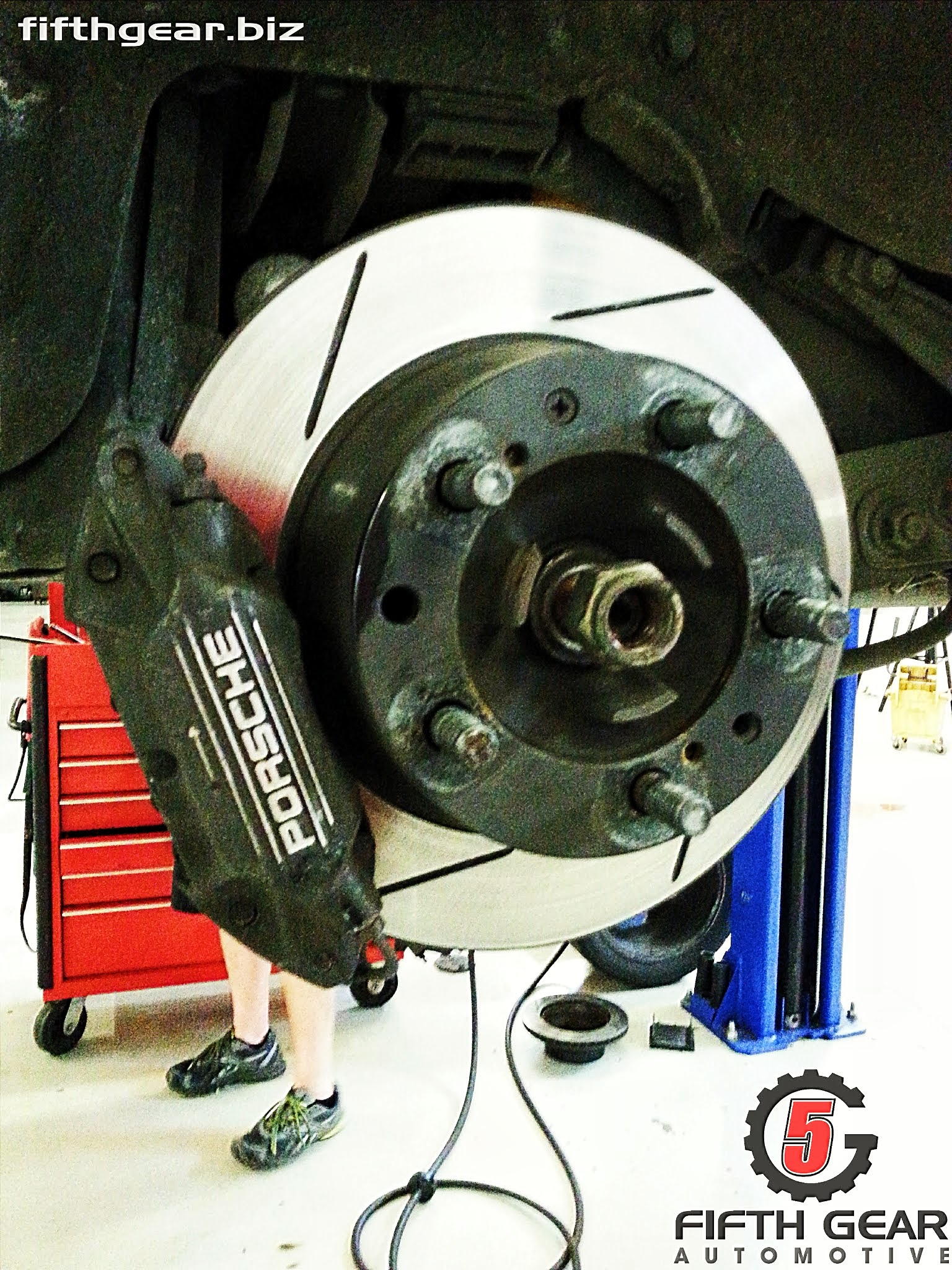
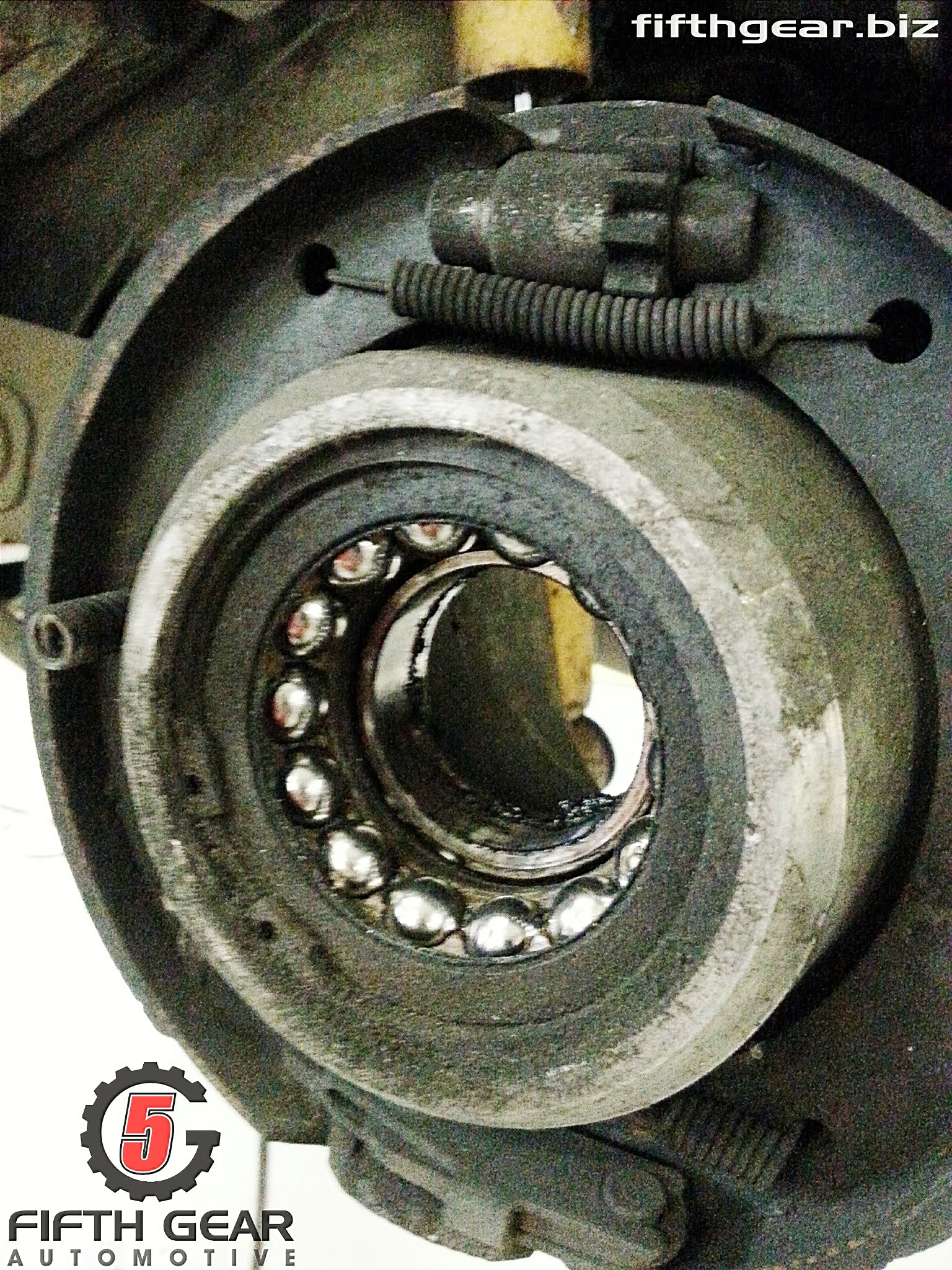
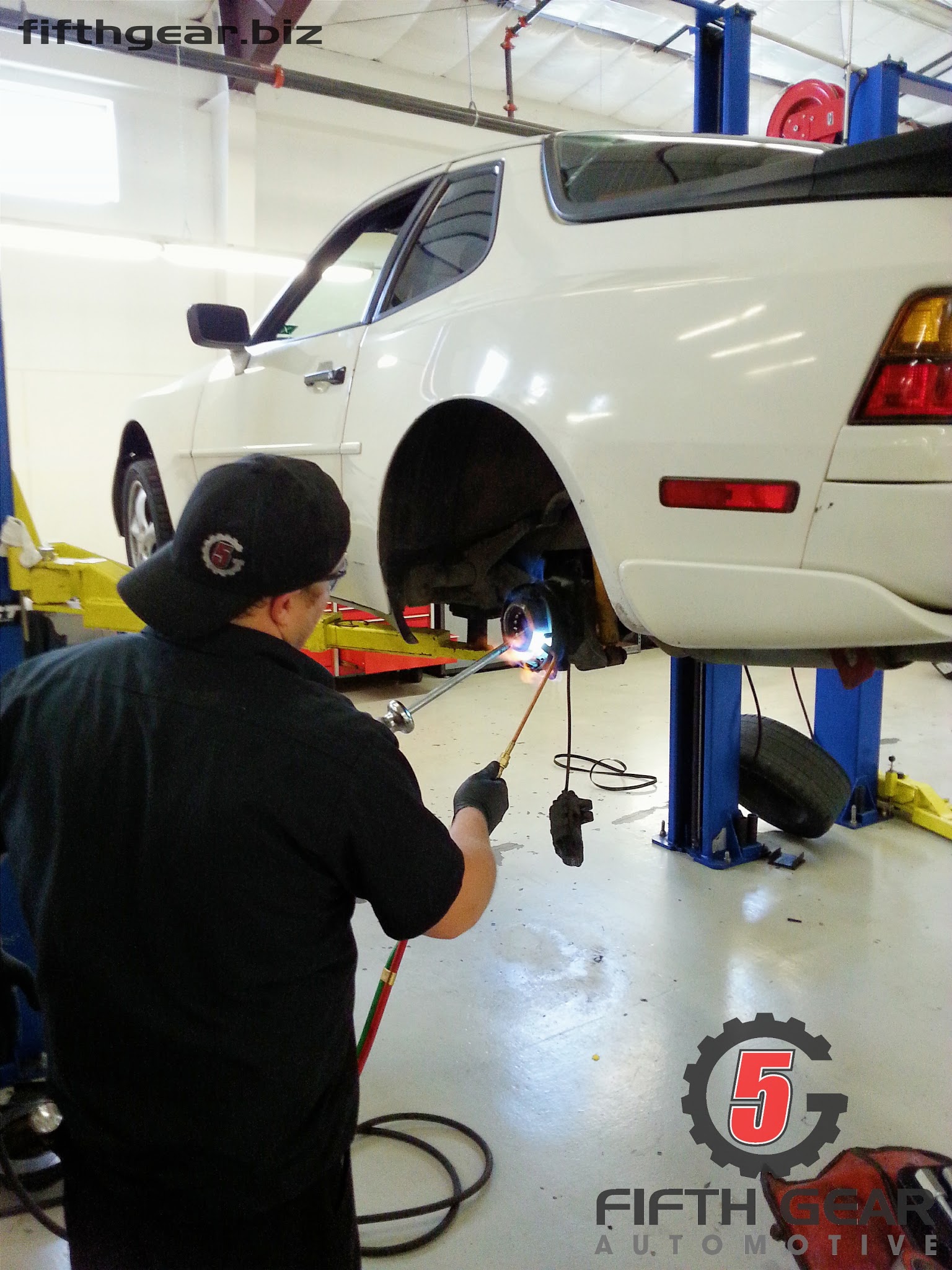
Q: “What happens if I don’t replace my wheel bearings?”
A: If left unattended to, catastrophic axle failure is possible at this stage, which is exactly as bad as it sounds as it can often result in separation of the wheel from the car. In other words, the wheel can literally come off while driving down the road. It’s rare, but it is an eventuality that can and does occur in instances of extreme long-term neglect.
If you think you might be in need of a wheel bearing replacement, or simply just want to have yours checked out by a certified auto mechanic, give us a call today at 972-317-4005!


